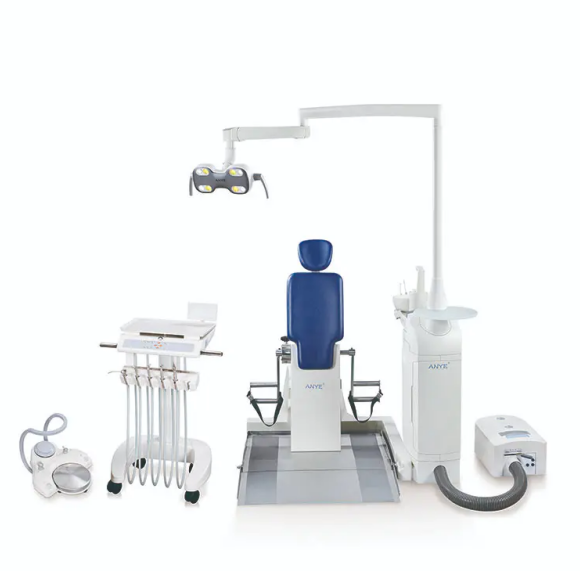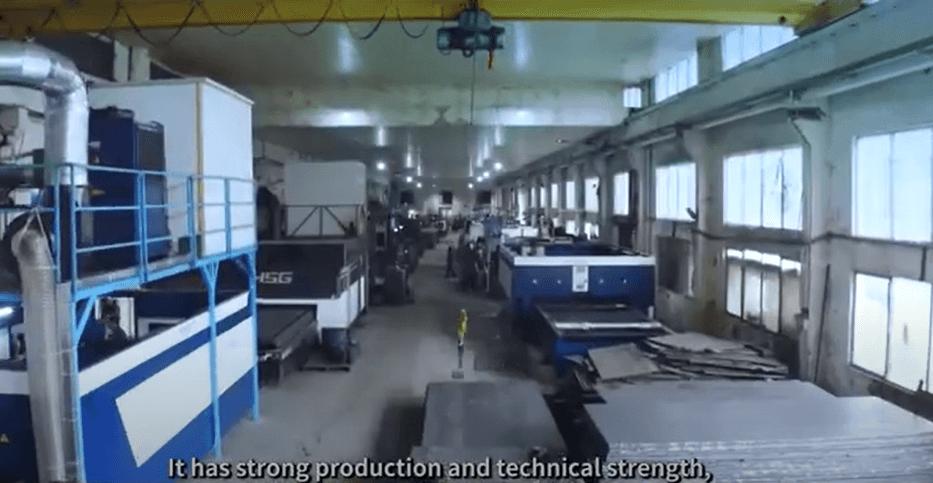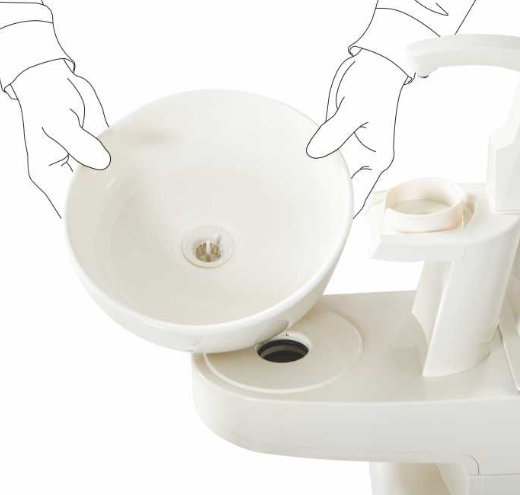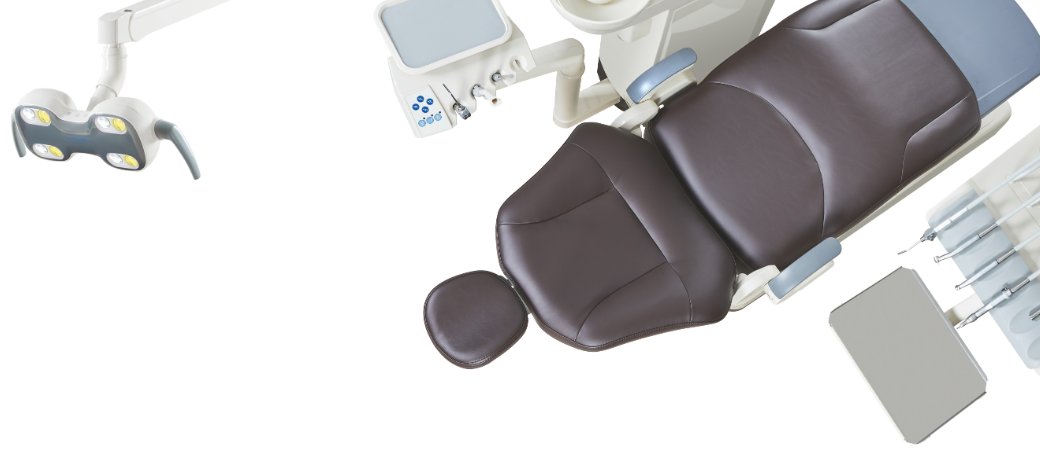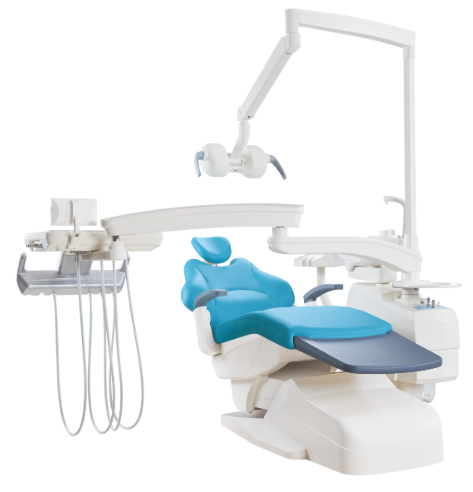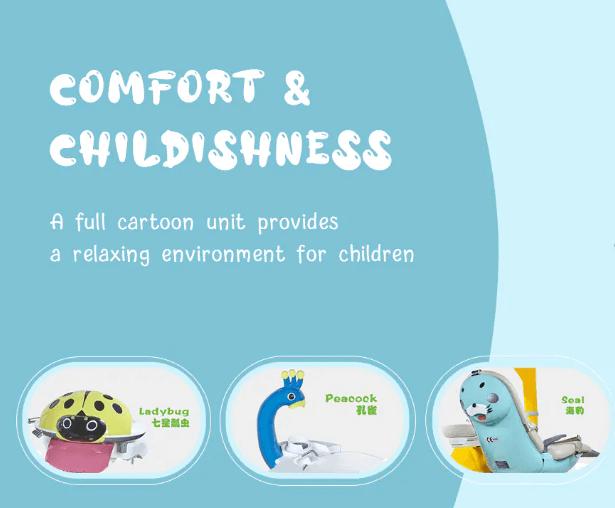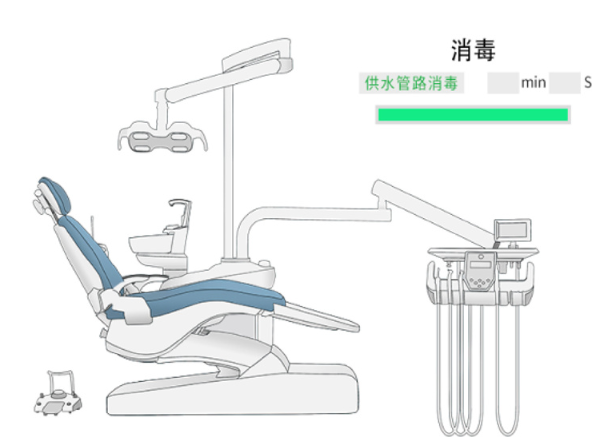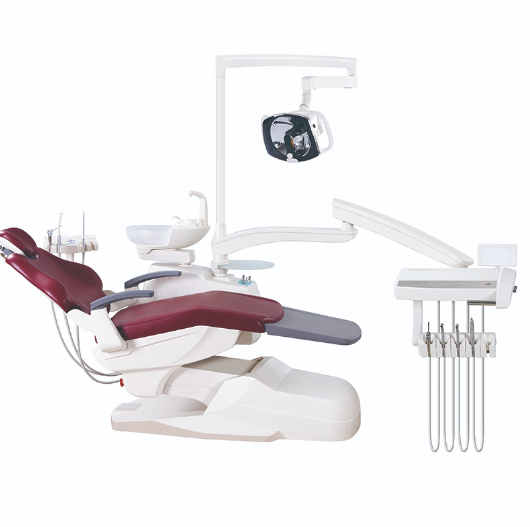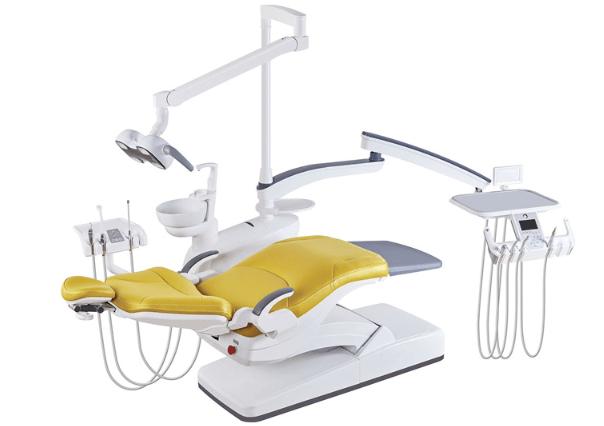A rehabilitation unit is a versatile piece of equipment that can provide a range of benefits to dental practices. Not only does it improve patient care, but it also increases efficiency and productivity, offers a cost-effective investment, and provides flexibility and versatility. In this article, we will explore these benefits and how they can help your dental practice.What Is A Rehabilitation Unit?A rehabilitation unit is a medical device used in dental practices for physical therapy and rehabilitation of patients with mobility issues or disabilities. It is designed to aid patients in performing exercises that improve their physical abilities, such as range of motion, strength, and flexibility. The rehabilitation unit typically consists of a chair, a footrest, and various attachments such as resistance b
Dental equipment is essential for dental practitioners to provide high-quality care to their patients. One of the most important pieces of equipment is the dental unit, which is used in nearly every dental procedure. In recent years, air compressor dental units have become increasingly popular due to their many advantages. In this article, we will explore the benefits of investing in an air compressor dental unit. Enhanced Functionality Air compressor dental units offer enhanced functionality compared to traditional dental units. They have improved performance and efficiency, which can save time and improve patient outcomes. Air compressor dental units also operate much more quietly, reducing noise levels in the dental practice. Additionally, these units often come with advanced control options, allo
Dental unit chairs are a crucial piece of equipment in any dental practice. They enable practitioners to provide comfortable, efficient treatment to patients. However, to ensure that a dental unit chair continues to function effectively for years to come, proper maintenance is essential. In this article, we will discuss how to maintain your dental unit chair for longevity.Daily Cleaning and DisinfectingOne of the most important steps in maintaining a dental unit chair is daily cleaning and disinfecting. This not only helps to ensure patient safety but also prevents the buildup of dirt and grime, which can cause premature wear and tear. To clean and disinfect a dental unit chair, start by wiping down all surfaces with a damp cloth and a mild disinfectant solution recommended by the manufacturer. Be sure to
A dental unit chair is a crucial piece of equipment in any dental practice, and having a high-quality one can offer numerous benefits. Investing in a quality dental unit chair is an investment in the comfort and safety of both patients and practitioners, as well as the efficiency and productivity of the practice. In this article, we will discuss the benefits of investing in a quality dental unit chair.Enhanced Comfort for PatientsA quality dental unit chair can significantly improve patient comfort during treatment. With features such as adjustable headrests and lumbar support, patients can be positioned comfortably for extended periods. Additionally, a comfortable patient is more likely to trust and return to the practice for future treatments.Increased Efficiency and ProductivityA quality dental unit chair
Dental chairs are an essential tool for any dentist or dental clinic, and one of the most important features of a dental chair is its hydraulic system. In this article, we will take a deep dive into the hydraulic system of dental chairs, how it works, its maintenance, and its importance in dental procedures.What is a Hydraulic System in a Dental Chair?A hydraulic system is a technology that uses liquid fluid to transmit force or energy from one point to another. In a dental chair, the hydraulic system consists of several components, including the hydraulic pump, hydraulic cylinder, valves, and hoses. These components work together to enable the chair to move up, down, and tilt.How Does a Hydraulic System Work in a Dental Chair?The hydraulic system works by using a liquid fluid, typically oil, to create pressu
As a dentist, making a child sit on a chair could be a daunting task. Children may feel anxious or scared about the experience, making it difficult for them to sit still and cooperate during the appointment. However, one simple solution to this problem is investing in child-friendly dental chairs.What are Children Units?Children units also known as Child-friendly dental chairs, are designed specifically for children, with features that help to make their experience at the dentist more comfortable and less intimidating. In this article, we'll explore the importance of child-friendly dental chairs and how they can help to make dental visits a more pleasant experience for children. Children UnitComfort and SafetyChild-friendly dental chairs are designed to provide maximum comfort for children during
A dental chair foot control is an essential tool for dental professionals to efficiently operate their equipment. Choosing the right foot control can make a significant difference in terms of comfort, functionality, and durability. In this article, we will discuss how to choose a dental chair foot control based on some key factors: comfort and ergonomics, functionality, and durability and maintenance.The Importance of Choosing the Right Foot ControlFoot control is a device that allows users to operate equipment or machines using their feet. It can be either mechanical or electronic, depending on the application. Choosing the right foot control is important to ensure maximum efficiency and productivity, while also preventing potential injuries or discomfort.Comfort and ErgonomicsComfort and ergonomics are cru
The dental chair tray is a crucial component in any dental practice, serving as a workspace for dentists to organize tools and materials during patient treatments. Selecting the right dental chair tray is essential for ensuring efficiency, comfort, and optimal patient care. In this guide, we will explore the key factors to consider when choosing the right dental chair tray.Material and Build QualityDental chair trays are typically made from materials like stainless steel or high-quality plastic. Stainless steel trays offer durability, resistance to corrosion, and ease of cleaning. Plastic trays are lightweight and may be more cost-effective. Consider the build quality, ensuring that the tray is sturdy and can withstand the daily demands of a dental practice.Size and ConfigurationConsider the dimensions of th
As a dentist, your primary concern is the well-being of your patients. However, it's equally important to ensure the safety and comfort of your staff during dental procedures. One way to achieve this is by investing in an ergonomic dental chair. What is an Ergonomic Dental Chair? An ergonomic dental chair is a specially designed dental chair and unit that promotes proper body alignment and reduces the risk of injury for both the patient and the dental staff. These units are designed with the comfort and safety of both patients and staff in mind, allowing for improved access and visibility for the dentist and reducing the strain and fatigue associated with traditional dental chairs. Ergonomic Dental Chair Ergonomic dental chairs can be customized to fit the specific needs of each

